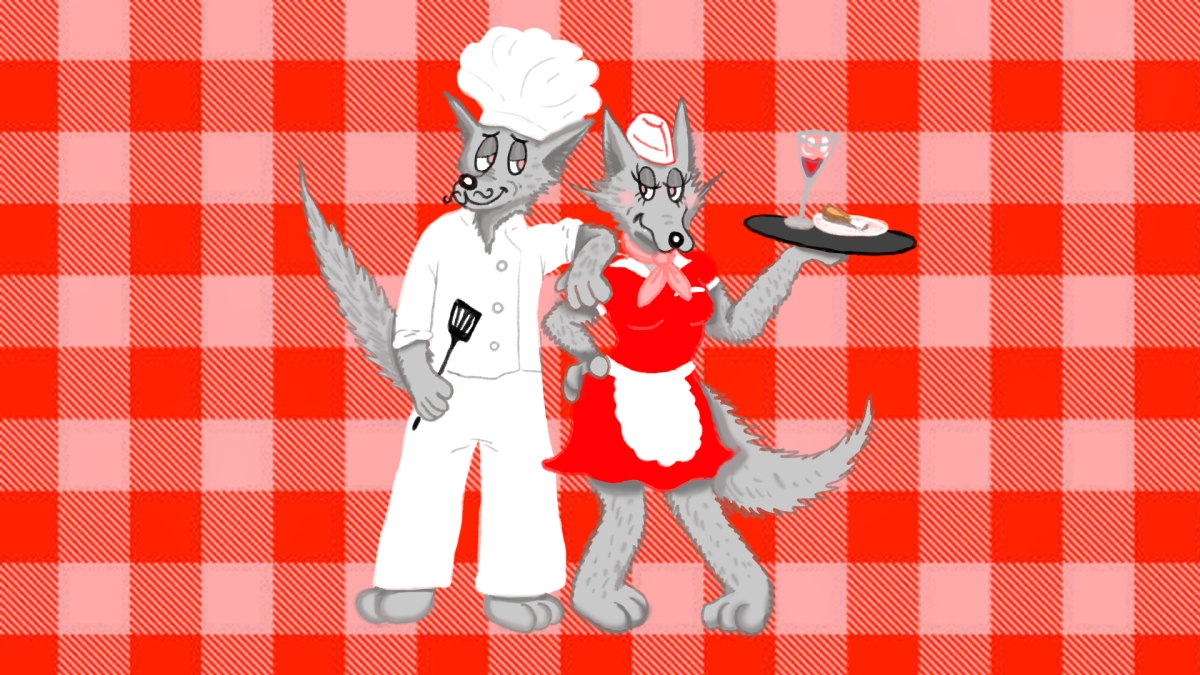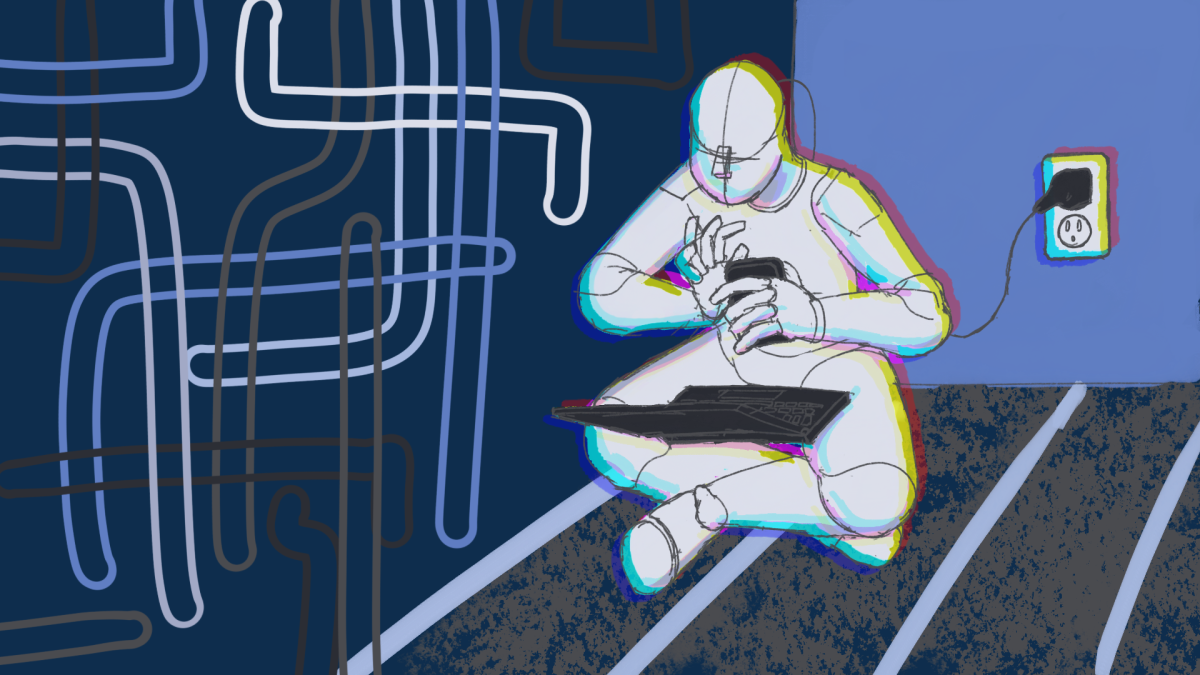Any citizen should do what he or she can for the good of society and whatever possible to improve the human condition. Volunteering is the most tangible way a citizen can make a beneficial impact on the community.
What more could a person want than to see a favorable impact on something that has meaning to him or her in his or her community, whether that means saving peoples’ lives or improving the quality of life for people.
People are alive for the sole benefit of other people; we are social creatures. Any accomplishment a single person makes is shared with everyone who came before.
“Waste no more time arguing about what a good man should be,” Philosopher Marcus Aurelius said. “Be one.”
Performing good deeds for others should be a selfless and natural act, the same as breathing or eating. As an animal does what is natural to its nature, we must help others to our own ability.
Volunteering cements your connection to a community and creates changes that you can see. Allowing foreigners to create these bonds themselves is important.
As students attending university, many readers may be struggling to find their identity, something gained from introspection and experience.
Volunteering is one of those rare opportunities where you can explore society and be an agent of change.
There is nothing more grassroots than volunteering in your community.
Volunteering isn’t classist; it comes in so many forms and is available to everyone in society.
The resources available for volunteering are vast. Some of my preferences are volunteermatch.org and activategood.com.
I’ve personally participated in a broad range of volunteering activities. I am a volunteer firefighter trained in emergency management, a Red Cross disaster volunteer trained in responding to disasters such as house fires to give assistance and shelter care, a mentor and grant supervisor with the Boys and Girls Club of America, an emergency department volunteer at the Central Carolina Hospital and distribution supervisor at the Christian United Outreach Center food pantry.
I’ve also spearheaded programs for food gleaning in the community and worked with veterans to obtain jobs and services for various organizations.
A few of the countless skills I’ve learned are emergency management, educating youth, working with grants and case management.
Volunteering is about giving your time and skills to the community. You can create the change you want to see by organizing your own events or even supervising other volunteers.
The benefits of volunteerism for the community are vast, but the benefits for the volunteer are just as great. Some benefits involve creating purpose in your life, gaining work experience, enhancing your resumé, making important networking contacts, learning or developing skills, teaching your skills to others, building self-esteem and self-confidence, meeting new people, feeling needed and valued, communicating to others that you are ambitious, enthusiastic and care about the community and making a difference in someone’s life, according to the United Way.
The main argument I’ve heard is that of apathy and of time management. To those who make use of this excuse, I say: You are essentially giving up your right to complain about anything.
I challenge you to volunteer 1 percent of your time this year; that’s 20 hours. Take a look around and see if there isn’t something you’d like to see improved.





